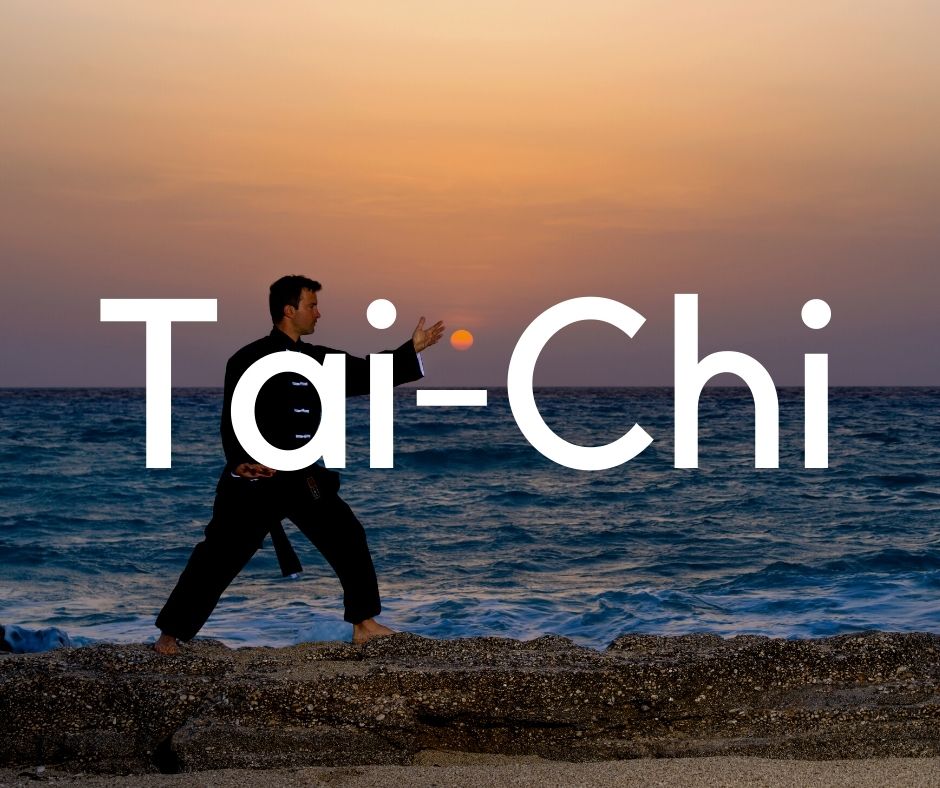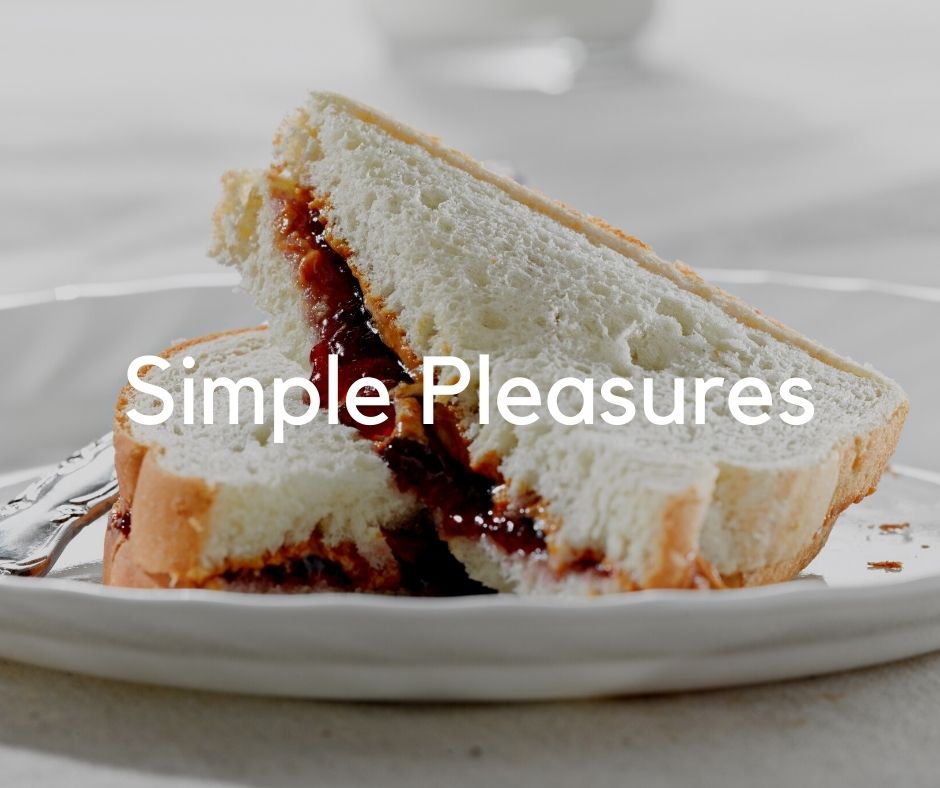We need rest.
Want proof? Ask any parent what happens when their child doesn’t get enough sleep. I promise it isn’t pretty.
Those who do strength training will also recognize the need for rest. You can only push your muscles so much for so long before your body needs rest to rebuild and recuperate.
A good nap or a fantastic night of sleep can help you feel like a new person. Conversely, a bad one can leave you feeling half-dead.
We need rest.
My eyes felt heavy, my brain was sluggish, and I was functioning out of habit. I got the kiddos in bed, read our Bible story, and said goodnight. As I left their room, my path diverged into two choices.
I could veer right, climb in my bed, and get some much-needed rest, or go left and down the stairs. Downstairs were dishes that needed to be done, snacks I was craving, the opportunity to finish a podcast, and a video game I had been playing.
I wish I could say I made the wise decision.
When I finally climbed into my bed, it was well past bedtime, and I dreaded the early morning routine of getting my children to school on time.
This morning I came home and went straight back to bed. If I hadn’t, I knew my patience would be thin, my energy for dance this afternoon would be low, and my day would suffer. Rest is more than just recharging batteries. It is when your brain sorts and processes and when your body heals. Sleep is a time of renewal.
As I considered the importance of rest, a small verse in the Old Testament came to mind. While I have never heard a sermon on Genesis 24:63, it strikes me as significant.
“And Isaac went out to meditate in the field toward evening.” (Genesis 24:63a ESV – Bible Gateway)
This verse is the first time we see the word “meditate” in the Bible. The Strong’s Concordance transliterates the Hebrew word “suach” and defines it as pensive musing.
Isaac went out in the cool of the day to engage in deep thought, pondering, and creative musings. This reminds me immediately of the walks and talks that Adam, Eve, and God would share in the cool of the day when they lived in the Garden of Eden.
The long day would end in restful contemplation.
God established the pattern in Genesis 2 when He rested on the seventh day and sanctified it for rest. He modeled for mankind a cycle of rest, both physically in the day-night cycle, professionally in the sanctification of the Sabbath, and internally in the habit of contemplation at the end of the day.
Perhaps the most telling is the centrality of meeting God during these times of rest.
The Old Testament is full of divine encounters through dreams and visions. The Sabbath was set apart as holy and a time to worship. God walked with Adam and Eve each evening, and the Psalmist encourages us to meditate on His word night and day.
Rest cycles are more than just physically necessary. Our hearts, mind, and spirit also need cycles of quietude and rest. Yet, our modern world seems to specialize most efficiently in interrupting this rest cycle.
Cell phones, apps, games, videos, TV, and other distractions fill our minds and lives with noise. So much so that it often makes people uncomfortable to experience silence. We need rest.
Mindfulness and meditation are buzzwords in psychologically informed culture today. Yet, a great deal of mystification still surrounds these ideas. Various research studies have shown the real physical and emotional benefits of consistent long-term mindfulness and meditation practice. It can lower anxiety, blood pressure, depression, and somatic symptoms. Brain scans have shown that long-term practice rewires the brain, improving attention span and attention-setting.
Despite the abundant empirical evidence, meditation is often misunderstood. This is primarily due to its adaptation to mystic and Eastern practices and religious connotations. While these forms of meditation are still practiced today, they do not reflect the typical concept of mindfulness and meditation in Western terminology.
The Biblical model of mediation is an excellent example. The Biblical practice of meditation was often seen as a type of prayer. Rather than focusing on emptying your mind, the goal is to fill your mind with God’s Word and think deeply about it.
Our brains are full of distractions, and we often feel guilty when we “fail” to concentrate. Mindfulness and meditation research shows that this shame-based model fails to produce results. Instead, it asserts that the individual should acknowledge the thoughts that disrupt without judgment and then refocus on the subject of the meditation.
With practice, our brain literally rewires itself to focus better. In the meantime, we consider the Word of God from various angles and sit with its various implications and applications for our life. This process moves the power of scripture from head knowledge to the deep places of our hearts.
We need these periods of rest, renewal, and recuperation.
I would challenge you to make a habit of rest. Become comfortable with silence. Quiet the distractions, train yourself to focus on God, and let Him renew a right spirit within you (Psalm 51:10 ESV – Bible Gateway).




